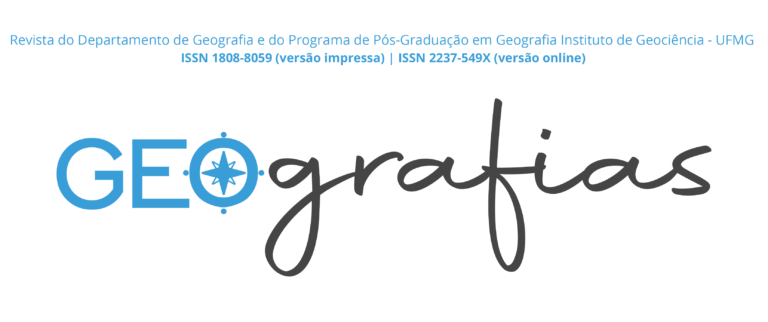
Theoretical and methodological contributions of Jamie Peck in the dossier of the Revista Geografias (UFMG).
By Felipe Nunes Coelho Magalhães (IGC/UFMG) and Hipólita Siqueira (IPPUR/UFRJ)
Originally published in Boletim IPPUR n° 84, January, 10th 2024
The Revista Geografias of UFMG has just published the dossier Capitalist Transformations, Uneven Development, Regulation, and Institutions: The Critical Economic Geography of Jamie Peck (vol. 20, no. 1, 2024). It includes a collection of articles translated into Portuguese that are considered representative of part of the vast work of geographer Jamie Peck, a professor at the University of British Columbia, Canada, and recipient of the 2023 Vautrin Lud Prize. Although he is one of the most renowned geographers of the contemporary period, his publications remain relatively unknown in Brazil.
With an open and plural approach, constantly engaging in dialogue and debate with other perspectives and disciplines, Peck provides important contributions not only to the advancement of economic geography but also to the tradition in which he was trained—the English-language critical geography. His work brings a series of innovative perspectives to the field, with significant potential contributions to urban and regional planning, public administration, and related areas.
Through experimentation with new methods and approaches, the articles in the dossier present critical reflections on: the network paradigm (Economic Sociologies in Space); the potential contributions of economic geography to a pluralistic and interdisciplinary project of comparative economics (Economic Geography: Isolated Life); the explanatory capacities of neoliberalism perspectives before and after the 2008 global crisis (Explaining (with) Neoliberalism); the contributions of Karl Polanyi’s substantivism to economic geography and other socio-spatial approaches (For Polanyian Economic Geographies); the reconstruction and updating of theories on uneven spatial development (Macroeconomic Geographies); the application of the “conjunctural” approach to urban analysis (Transatlantic City, Part 1: Conjunctural Urbanism; Late Entrepreneurship, Part 2); theorizing market diversity and spatiality beyond orthodoxy (Where Are the Markets?); and a set of methodological principles and guidelines for a territorial approach to conjunctural analysis (Practicing Methodologies for Conjunctural Analyses: Addressing Chinese Capitalism). In addition to these articles, the dossier includes a translated transcription of an interview with Jamie Peck, discussing his intellectual trajectory and various themes covered in the translated articles.
All articles can be accessed on the Revista Geografias website at this link.
To mark the release of this issue, Cedeplar and the Graduate Program in Geography at UFMG organized the seminar Engaging Variegation: Capitalist Transformation, Uneven Development, and the Challenge of Conjunctural Analysis, featuring a lecture by Jamie Peck, which can be accessed here: Jamie Peck – Engaging Variegation (UFMG).

